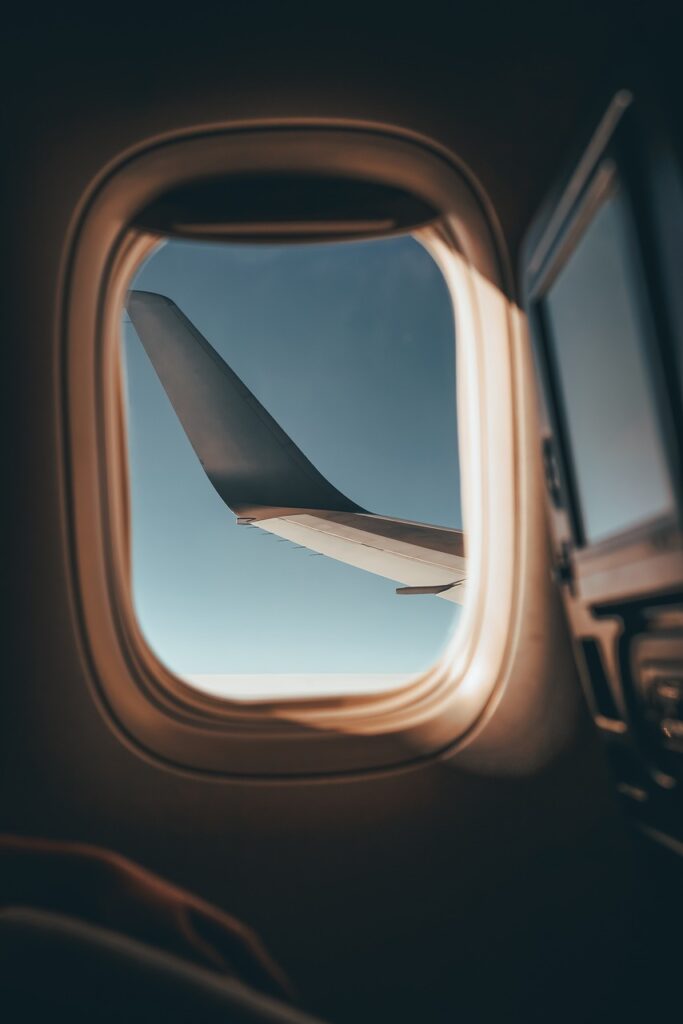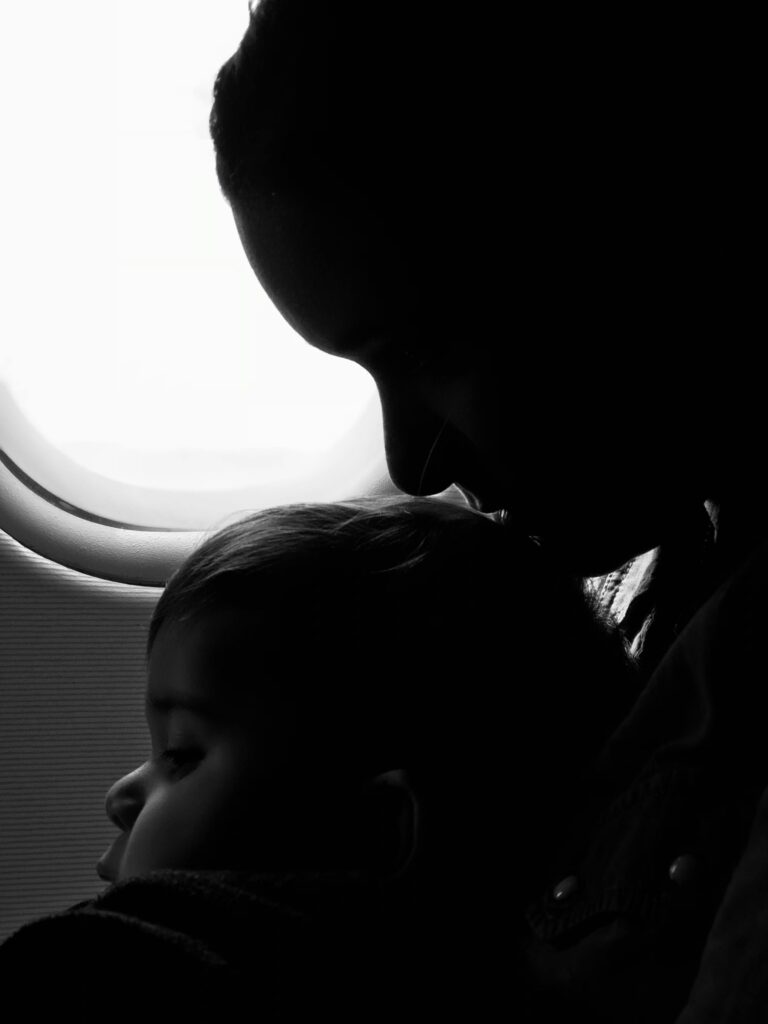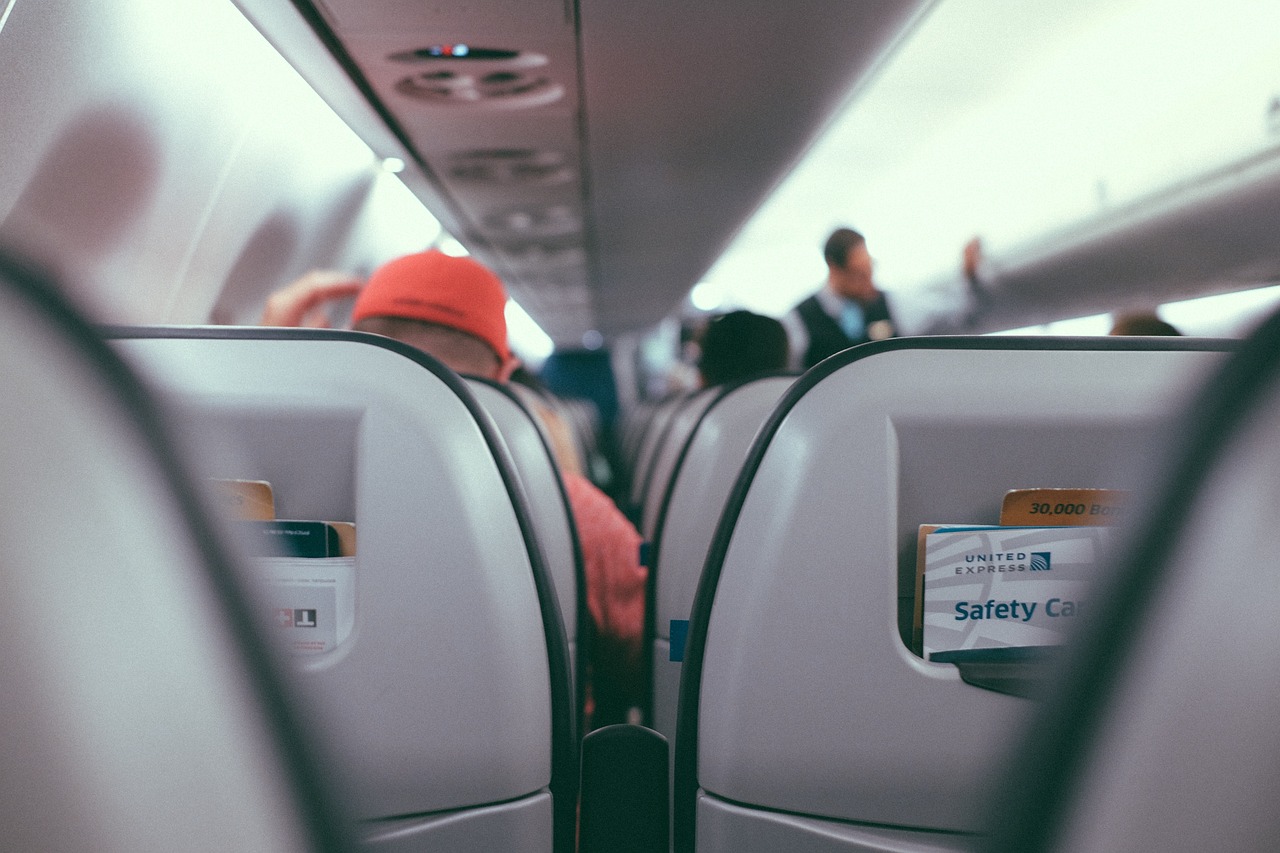In recent years, airline travelers have faced an increasing challenge: hidden costs that turn seemingly affordable flights into costly experiences. Known as “junk fees,” these charges for services like seat selection, baggage handling, and ticket changes have sparked public outcry and regulatory scrutiny. Let’s dive into what these fees are, why they exist, and what you can do to protect yourself.

What Are Airline Junk Fees?
Junk fees refer to additional charges for services that were once part of the base fare. These include costs for:
- Checked and carry-on luggage
- Seat selection (even for families wanting to sit together)
- Priority boarding
- In-flight amenities
- Flight changes or cancellations
Airlines argue this à la carte model allows passengers to pay only for what they use. However, for most travelers, these fees add up quickly, creating frustration and confusion.
Why Do Airlines Charge These Fees?
The answer lies in revenue. With tight competition and the rise of low-cost carriers, airlines market low base fares to attract customers. Ancillary fees then help boost profits. For travelers, the trade-off is flexibility—choosing only the services they want—versus the risk of surprise costs at checkout.
What Regulators Are Doing to Protect Travelers
Consumer complaints about hidden fees have prompted action:
- The U.S. Department of Transportation (DOT) introduced rules in April 2024 requiring airlines to disclose fees upfront. This includes costs for baggage, carry-on luggage, and reservation changes.
- The Biden-Harris Administration proposed further regulations to mandate automatic refunds for canceled or significantly altered flights. These rules also demand upfront transparency for all fees.
- Legal Battles: Major airlines challenged the DOT’s rules, arguing they were too broad and could increase operational costs. A U.S. Court of Appeals recently sided with the airlines, pausing some of these regulations.
Globally, regulators are stepping in. In Europe, budget airlines like Ryanair have faced significant fines for “abusive” charges, such as fees for hand luggage. Spain recently fined the carrier €108 million, setting an example for consumer protection.
How to Protect Yourself from Airline Fees
- Do Your Research: Read the airline’s fee policy before booking. Many fees are listed in the fine print.
- Pack Light: Avoid checked baggage fees by opting for carry-on luggage, but verify size restrictions.
- Choose Seats Strategically: If sitting together isn’t a priority, skip seat selection fees.
- Book Directly with Airlines: Third-party booking platforms may not disclose all fees upfront.
By being proactive, you can avoid unexpected costs and make the most of your travel budget.

Frequently Asked Questions About Airline Junk Fees
1. What are some common junk fees?
Charges for checked luggage, carry-on bags, seat selection, and flight changes are the most frequent.
2. Can I avoid these fees?
Yes. Pack light, book directly with airlines, and carefully review the fee structure before purchasing a ticket.
3. Are these fees legal?
Yes, but regulatory bodies are pushing for transparency to ensure passengers know the full cost of their trip upfront.
4. Do airlines outside the U.S. charge similar fees?
Yes. Low-cost carriers worldwide, particularly in Europe, use similar fee structures. However, some countries have stricter consumer protection laws.
5. What’s next for airline fee regulations?
With ongoing lawsuits and public pressure, the future of airline fee transparency remains uncertain. Expect further debates and possible regulatory changes in the coming years.
The Future of Air Travel Pricing
Junk fees aren’t disappearing anytime soon, but efforts to regulate them are gaining traction. As airlines and regulators navigate this complex issue, passengers can stay ahead by staying informed, reading the fine print, and voicing their concerns.
Next time you book a flight, remember: understanding junk fees could save you hundreds—and give you peace of mind for your journey.
Sources CNN


